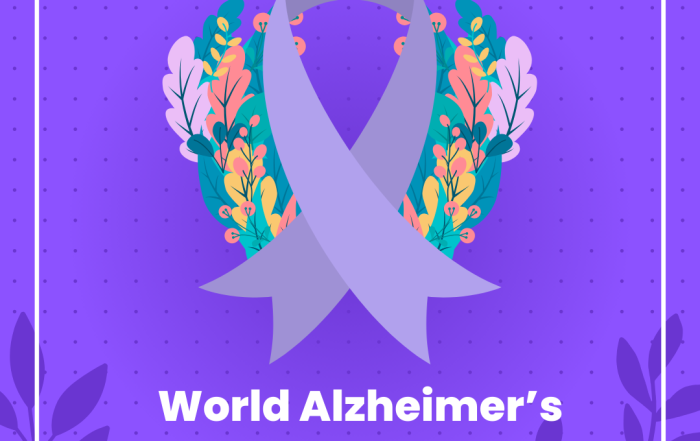As World Alzheimer’s Awareness Month concludes, let’s look at what treatments are available now, and what the future may hold.
Current Alzheimer’s treatments can temporarily improve symptoms of memory loss and problems with thinking. However, these treatments work best for those in the early stages of the disease. The goal is to improve mental acuity at all stages and to find a cure.
Experts are cautiously optimistic that they will be able to develop treatments that can stop or delay the progression of Alzheimer’s. As experts continue to better understand the disease and how it changes the brain. This has led to the research of potential Alzheimer’s treatments that may affect the disease process.
Since January 2021, three new drugs have received the Food and Drug Administration’s approval for use in Alzheimer’s treatment through the federal agency’s accelerated approval pathway, which is used for drugs that are intended to treat serious or life-threatening illness if the medication has demonstrated to provide a significant therapeutic advantage over current available treatments. The drugs, aducanumab and lecanemab, were approved in June 2021 and January 2023, respectively. The newest drug, Leqembi, targets amyloid plaques in patients’ brains, a key feature of the disease. Study data shows it may slow Alzheimer’s progression by 27% over 18 months. While these drugs do show a slowing of cognitive decline, the decline is quite small and the potential side effects can be serious.
The future for Alzheimer’s is still unknown, but doctors are hopeful that their research will help find new treatments on its way to hopefully finding a cure.
CBHomeCare and our Family of Providers are happy to assist you with assessing your family’s needs and helping to provide the care necessary to help keep your loved one at home where they want to be. Please feel free to call us at 800-700-0008, and we will be happy to answer all of your questions. You can also click here to read about our services.







